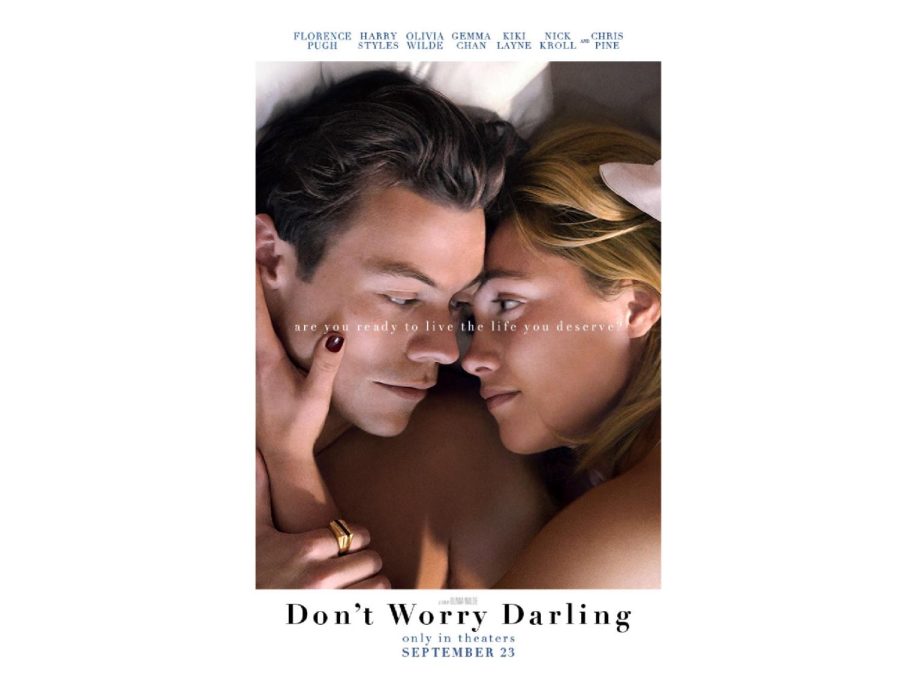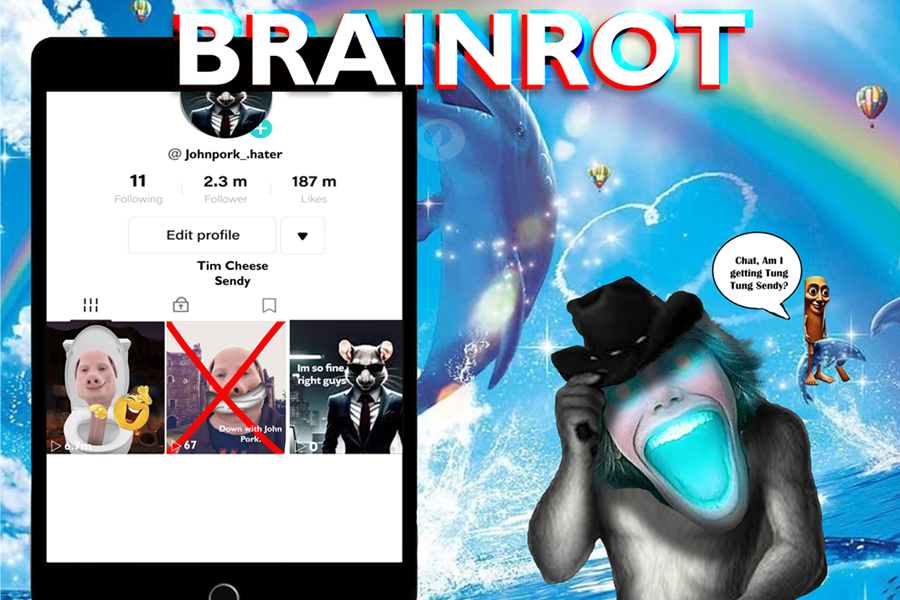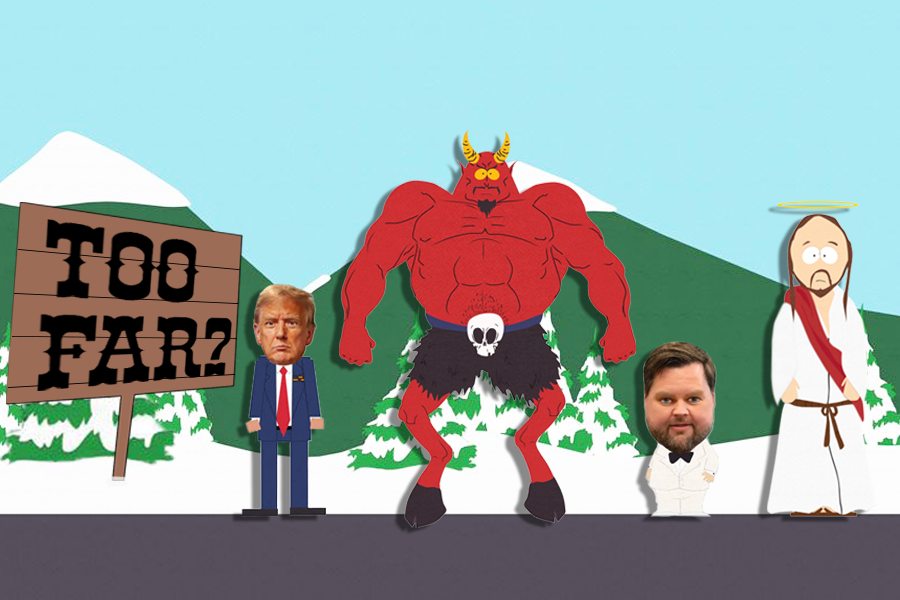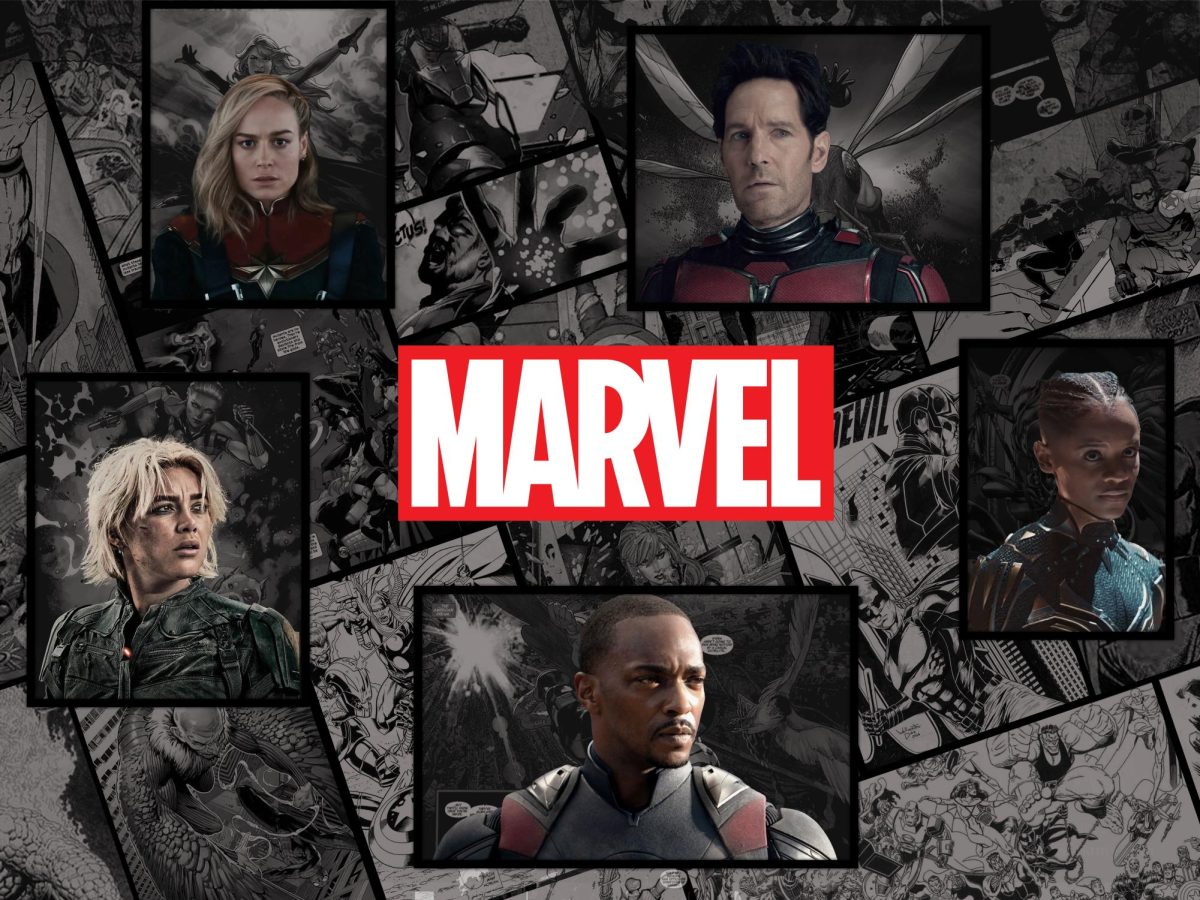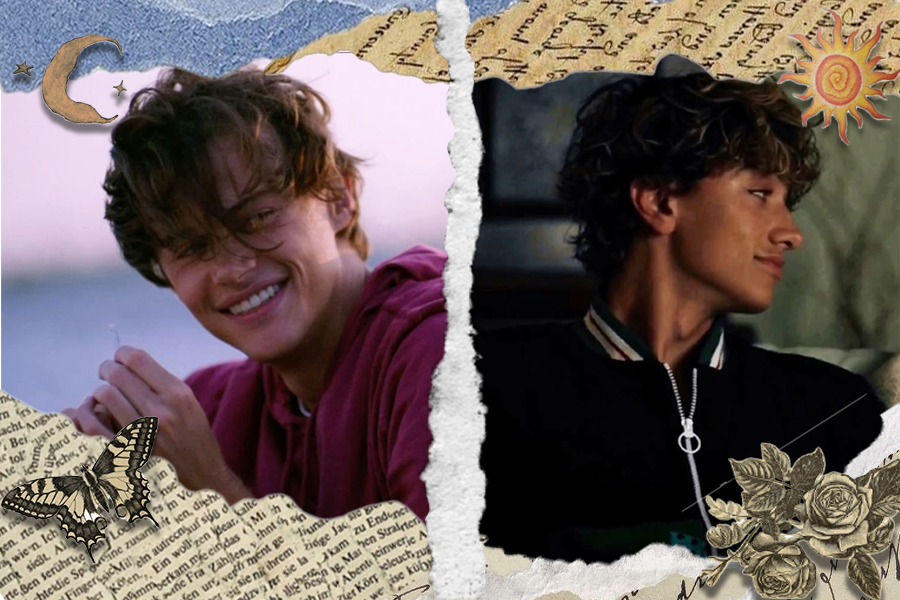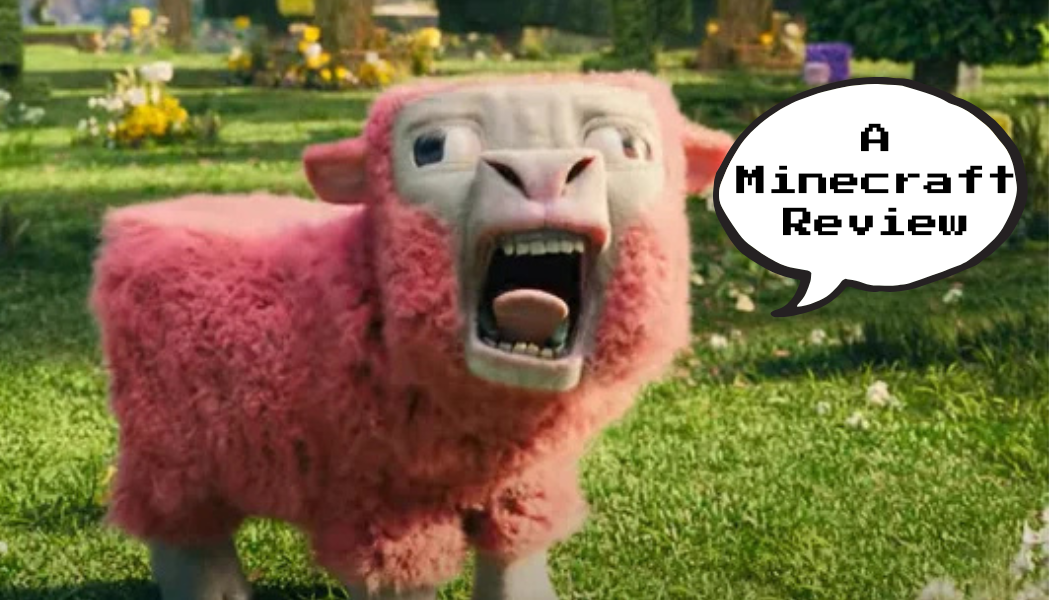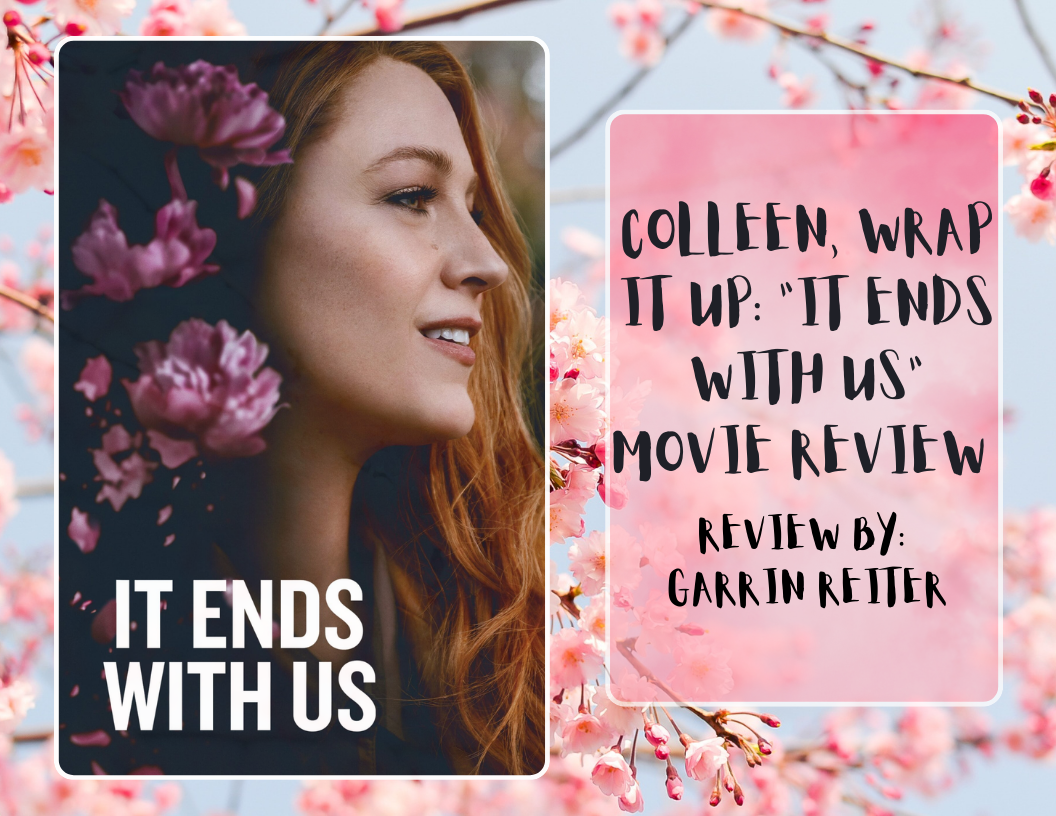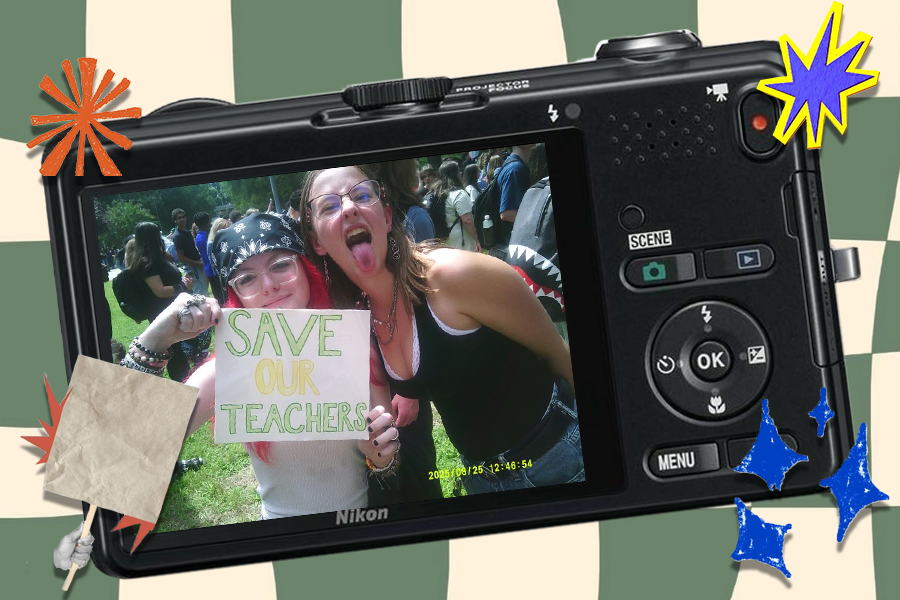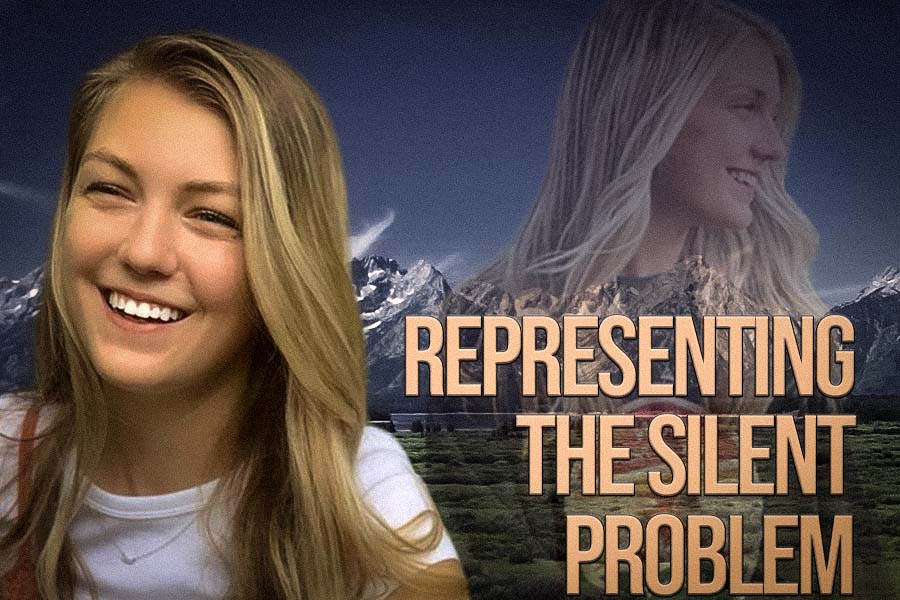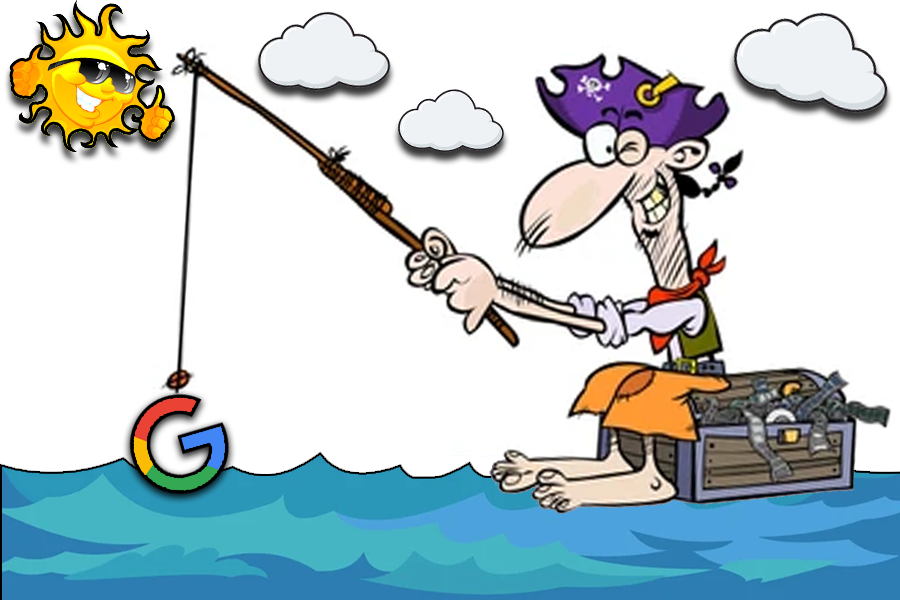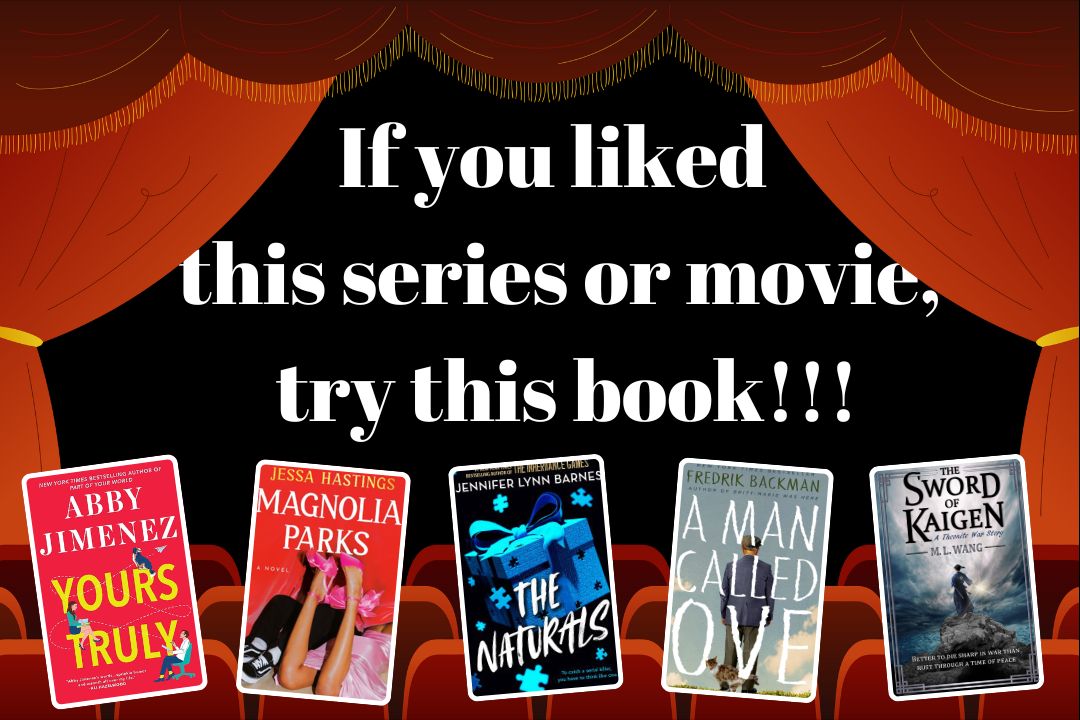“Don’t Worry Darling” is rated R for sexual content, violence and language
Despite the overwhelming media attention “Don’t Worry Darling” has received since its star studded cast was announced, critic reviews have been less than favorable to say the least. Maybe this is just the film lover in me, but I don’t think “Don’t Worry Darling” is entirely deserving of the scathing reviews it has received.
“Don’t Worry Darling” is a thriller set in a 1950s American desert suburban community, which acts as a medium to display gender roles through the gossipy housewives and their husbands, who are working on a ‘highly classified government project.’ Within the first 15 minutes of the movie, the viewer, along with Alice (Florence Pugh), knows that something isn’t right in this bustling utopia. When Alice starts having disturbing visions that feel like memories, she begins her investigation into the town’s leader and what the husbands are really working on.
In an attempt to be transparent, I will share that I wanted this movie to be bad. I spent much of the viewing experience trying to combat my own biases, both for and against the movie: my love for Florence Pugh and my general skepticism about Harry Styles’s acting abilities, as well as my dislike for Olivia Wilde’s directorial style. When I was making my predictions, I thought I would have more issues with the film. I liked “Don’t Worry Darling,” but there are just better things for you to spend your time watching.
The plot twist wasn’t something I saw coming in the least and was an interesting connection to the modern world. The movie wasn’t particularly original, and the message wasn’t anything that hadn’t been said before, but most of the acting was solid.
To no one’s surprise, Florence Pugh was phenomenal. Chris Pine, a man I couldn’t pick out of a lineup before this movie, was charismatic and intimidating, fully encapsulating his role as the town’s machismo leader. Gemma Chan held her own, even with a smaller part, and managed to be thought provoking with so few lines. Nick Kroll was creepy and made me want to leave a party I wasn’t actually at, but one man stuck out of this extremely talented group. It’s time to address the elephant in the room: Harry Styles.
I think my biggest issue with Styles in this movie is that he should have never been cast; he simply is not a good enough actor. Every scene was carried by Pugh, Chan, Pine, or even Wilde, but the male lead with plenty of lines and a well-written character had me wishing I could fast-forward. I tried to give him the benefit of the doubt, but he just didn’t match up to his co-stars. Now, I must give credit where credit is due, he did improve a lot towards the end of the movie. I don’t know if this is due to his time spent on set, or if he was just better suited for his role after his character’s development. Styles does show potential for a successful acting career, but based on where his skills are now, he should not have been cast when there are so many accomplished actors in the world that would have made a better fit.
For all that I’ve said about him, Styles didn’t negatively affect the movie too much; in fact my biggest gripe with “Don’t Worry Darling” had nothing to do with any of the actors. What drove me crazy was the annoying buzz that plays throughout the movie whenever something suspenseful is happening. This was an ongoing issue in the movie: dramatic decisions detracting from the raw talent of the actors and interfering with crucial plot points.
The main thing I took away from “Don’t Worry Darling” was that when you have a good cast, you can and should let them speak for themselves. During every scene in which Wilde tries to dress it up with artsy cut-away shots, spinning cameras, back-and-forth split scenes and loud, suspenseful music, I was left wishing she would just let the characters talk. There is one scene in particular in which Wilde spins the camera for so long I thought I was going to be sick in my popcorn bowl. The several occasions when she does let simplicity rule are some of the most powerful scenes of the movie. When Pugh and Pine talk alone, it was memorable even without added elements. Overall, I wish Wilde had leaned into the subtlety that the story calls for rather than the brute force that is in her nature as a director.
So, is “Don’t Worry Darling” worth your time? The short answer is no. But if you truly have nothing else to do and you’ve watched everything you can think of, by all means, go ahead. For all of my criticisms, I do think that it was an enjoyable movie and if you let yourself experience it without a hypercritical lense then it is a perfectly fine movie.
Don’t waste your time on “Don’t Worry Darling”
Madelyn Woodard, Opinion Editor
October 3, 2022
0
Donate to The Zephyr
$125
$500
Contributed
Our Goal
Your donation will support the student journalists of WEST FORSYTH HIGH SCHOOL. Your contribution will allow us to purchase equipment and cover our annual website hosting costs.
More to Discover
About the Contributor
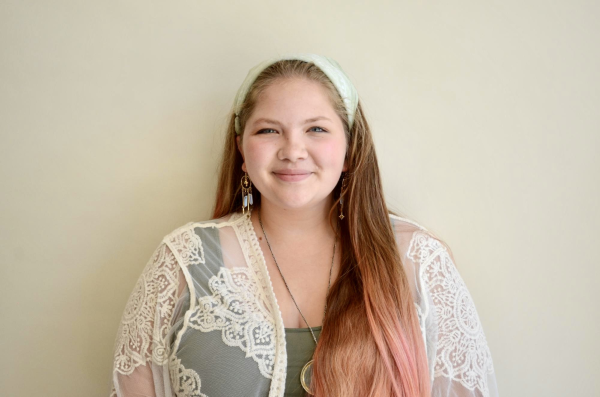
Madelyn Woodard, Opinion Editor
Madelyn Woodard has been on the staff for three years now, this being her second as the Opinion Editor. She loves taking mini road trips with her friends, listening to music, writing movie reviews and bombarding her family with unsolicited pictures of her beloved cat, Minnie. She is honored to spend her senior year with the opinion staff and cannot wait to see what the staff will do this year.


